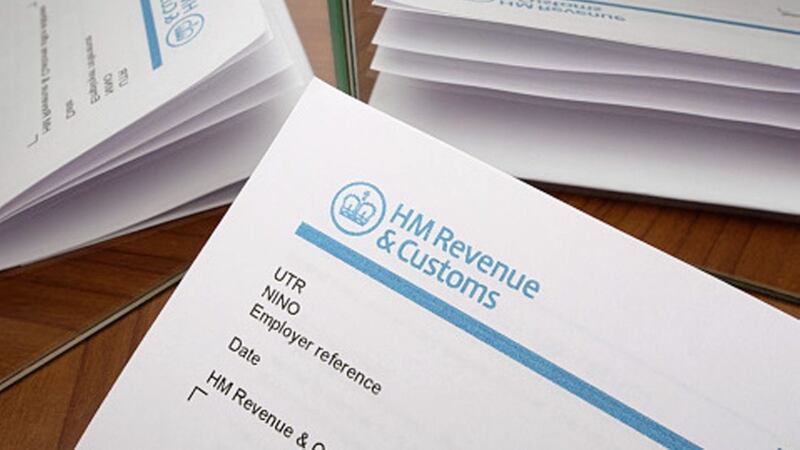QUESTION: I am struggling to pay my business bills and I believe that some of my competitors may not be registered with HMRC and pay no tax. How do they get away with this?
ANSWER: There have always been and there always will be traders who trade away and pay no form of taxation on their income/profit. In the past these people may have got away unnoticed for their entire business career however in recent years things have changed dramatically with HMRC’s use of technology. .
The most challenging group for HMRC are those operating within the ‘shadow economy’ or ‘black market’ as they are not registered with HMRC and therefore need to be found. Tax evaders like this are often incredibly indiscrete, often plying their wares on Instagram, Facebook, Snapchat, Twitter etc in the misguided belief that they will remain undetected.
HMRC has inspectors that spend their working day trawling through social media looking for unregistered businesses. The discovery of a single unregistered business can yield tens of thousands of pounds of tax when VAT, income tax and national insurance are taken into account.
The second group are registered taxpayers who under declare their income. To combat this group, HMRC have spent over £100m on a super-computer designed to identify those who may have paid too little tax. Instead of relying solely on information provided by taxpayers via their returns, HMRC’s powerful 'Connect' system now draws on information from many government and corporate sources to create a profile of each taxpayer’s total income. Where this varies from the information provided by the taxpayer, the account is flagged and could be subject to further investigation.
Every time someone completes a credit agreement for say a car, a TV, a piece of jewellery etc, they leave behind them a valuable trail for HMRC to follow.
The Connect system’s data-hoarding does not stop at the income people have received from work and investment. Connect broadly deals with information spontaneously available in government departments or as part of the digital footprint that people leave when they use the internet.
As well as the Connect system, HMRC also receives letters, emails and telephone calls from people who suspect somebody else is not declaring all of their income. It is not unusual for jilted wives or husbands, jealous neighbours or disgruntled former employees to contact HMRC with stories of undeclared income. Whether true or not, all of these reports are entered into Connect and become part of the risk assessment process.
It can also access Land Registry records to see houses purchased and ensure the correct tax has been paid. From there, further sources enable it to determine if properties are being rented out and whether that income has been declared. It can also determine if someone is likely to be able to afford such properties, or whether they are suspected of having used previously undeclared income or savings.
HMRC gains anonymised information on all Visa and Mastercard transactions, enabling it to identify areas of likely underpayments which it can then target further, seeking details of individuals’ transactions where necessary.
If you have competitors that have not registered for tax or who are registered, but pay less tax that they should pay, it is unlikely that they will remain undetected for long and when caught their tax bill is likely to close their business.
:: Paddy Harty (p.harty@pkffpm.com) is director at PKF-FPM Accountants (www.pkffpm.com). The advice in this column is specific to the facts surrounding the question posed. Neither the Irish News nor the contributors accept any liability for any direct or indirect loss arising from any reliance placed on replies.








